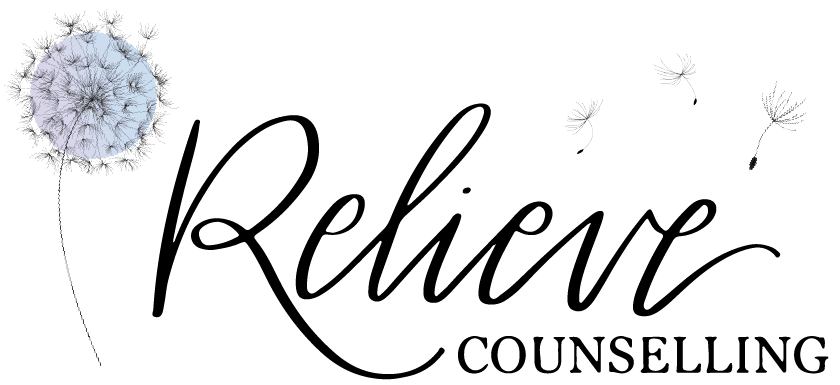Anxiety. That is a word you hear almost daily. Whether you struggle with it, your sister, or your friend. Anxiety is a common and often debilitating mental health condition that can cast a long shadow over one’s daily life and relationships. It can affect everything from work performance and personal well-being to the dynamics of our closest connections. Below, we will explore the ways in which anxiety can impact daily life and relationships, offering insight and strategies for managing these challenges.
Anxiety’s Grip on Daily Life
- Work and Productivity: Anxiety can significantly affect job performance. Persistent worry, difficulty concentrating, and the physical symptoms of anxiety, like restlessness and trembling, can hinder productivity.
- Social Interactions: Anxiety can make social interactions challenging. People with anxiety may avoid or feel uncomfortable in social situations, leading to isolation and loneliness.
- Physical Health: Chronic anxiety can take a toll on physical health. Increased levels of stress hormones may lead to issues like high blood pressure, digestive problems, and a weakened immune system.
- Procrastination and Avoidance: Anxiety can lead to procrastination and avoidance of responsibilities, creating a cycle of increasing stress as deadlines approach.
- Sleep Disturbances: Many individuals with anxiety struggle with sleep problems, including insomnia or difficulty falling asleep and staying asleep.
Impact on Relationships
- Communication Challenges: Anxiety can make it difficult to express thoughts and feelings clearly. Individuals may fear judgment or misinterpretation, leading to miscommunication.
- Increased Tension: The emotional and physical symptoms of anxiety, such as irritability and muscle tension, can contribute to heightened tension in relationships.
- Dependency or Avoidance: Some individuals with anxiety may become overly dependent on their partners for emotional support, while others may withdraw from relationships to avoid potential triggers.
- Jealousy and Insecurity: Anxiety can fuel jealousy and insecurity in relationships. A person with anxiety may catastrophize and overanalyze situations, causing unwarranted doubts about their partner’s fidelity or commitment.
- Impact on Intimacy: Anxiety can affect intimacy, both emotional and physical. Fear of rejection or performance anxiety can interfere with intimacy and connection.
Coping Strategies
- Seek Professional Help: If anxiety interferes with your daily life and relationships, consider seeking support from a therapist or counsellor specializing in anxiety disorders.
- Open Communication: Talk to your loved ones about your anxiety and how it affects you. Open communication can foster understanding and empathy.
- Self-Care: Prioritize self-care practices to manage anxiety, such as exercise, mindfulness, relaxation techniques, and maintaining a healthy lifestyle.
- Set Boundaries: Establish healthy boundaries in your relationships. This can help you manage your anxiety and avoid overextending yourself.
- Couples Therapy: Consider couples therapy if your anxiety is impacting your relationship. A therapist can help you and your partner develop strategies to navigate the challenges.
- Medication: In some cases, medication may be recommended to manage anxiety. Consult a healthcare professional/doctor to discuss the potential benefits and side effects.
Anxiety truly can impact daily life and relationships. However, with the right strategies and support, it’s possible to manage its effects and regain control over your well-being and connections with others. Remember, you’re not alone in this journey, and we would love to connect and support you in navigating the turbulent waters of anxiety and its impact on daily life and relationships.

